Preparing a child for the world that doesn’t yet exist is not an easy task for any teacher. Step back and look at that picture from a broad perspective. What are the critical 21st-century skills every learner needs to survive and succeed in our world? What abilities and traits will serve them in a time that’s changing and developing so rapidly?
They want to be challenged and inspired in their learning. They want to collaborate and work with their peers. They want to incorporate the technology they love into their classroom experiences as much as they can. In short, they have just as high a set of expectations of their educators as their educators have of them.
How Are Educators Responding?
The Australian Curriculum Assessment and Reporting Authority, (ACARA), have identified the following as the General Capabilities they see as essential for learners:
Critical and creative thinking
Personal and social capability
Ethical understanding
Intercultural understanding
Information and communication technology capability
Literacy
Numeracy
Learn more / En savoir plus / Mehr erfahren.
http://www.scoop.it/t/21st-century-learning-and-teaching/?&tag=modern-education
Via Gust MEES



 Your new post is loading...
Your new post is loading...





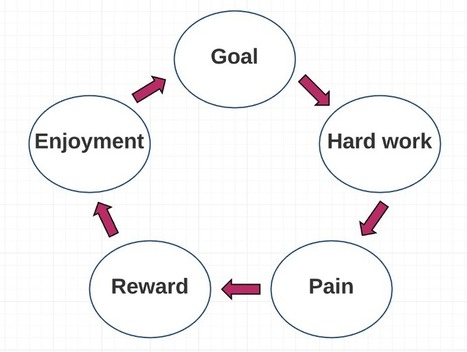

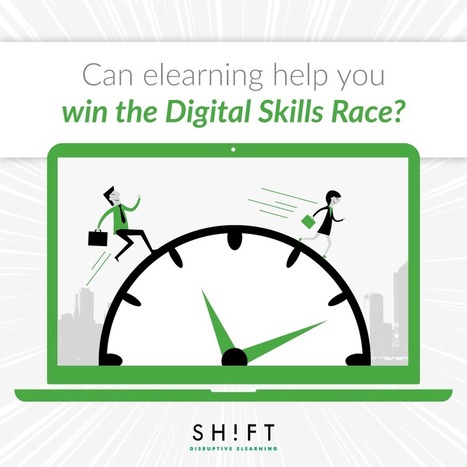
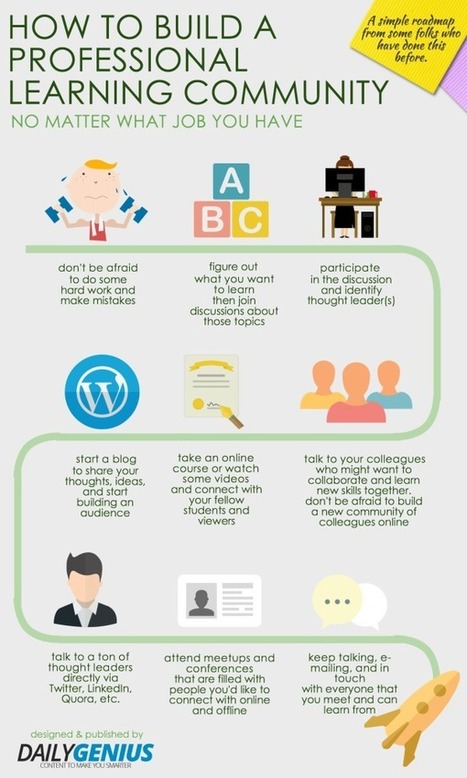


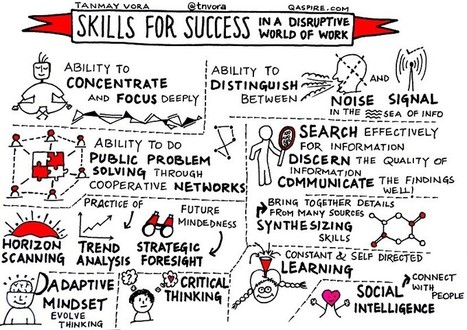



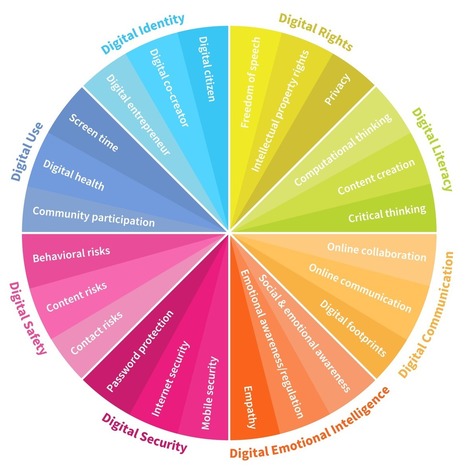









They want to be challenged and inspired in their learning. They want to collaborate and work with their peers. They want to incorporate the technology they love into their classroom experiences as much as they can. In short, they have just as high a set of expectations of their educators as their educators have of them.
How Are Educators Responding?
The Australian Curriculum Assessment and Reporting Authority, (ACARA), have identified the following as the General Capabilities they see as essential for learners:
Critical and creative thinking
Personal and social capability
Ethical understanding
Intercultural understanding
Information and communication technology capability
Literacy
Numeracy
Learn more / En savoir plus / Mehr erfahren.
http://www.scoop.it/t/21st-century-learning-and-teaching/?&tag=modern-education